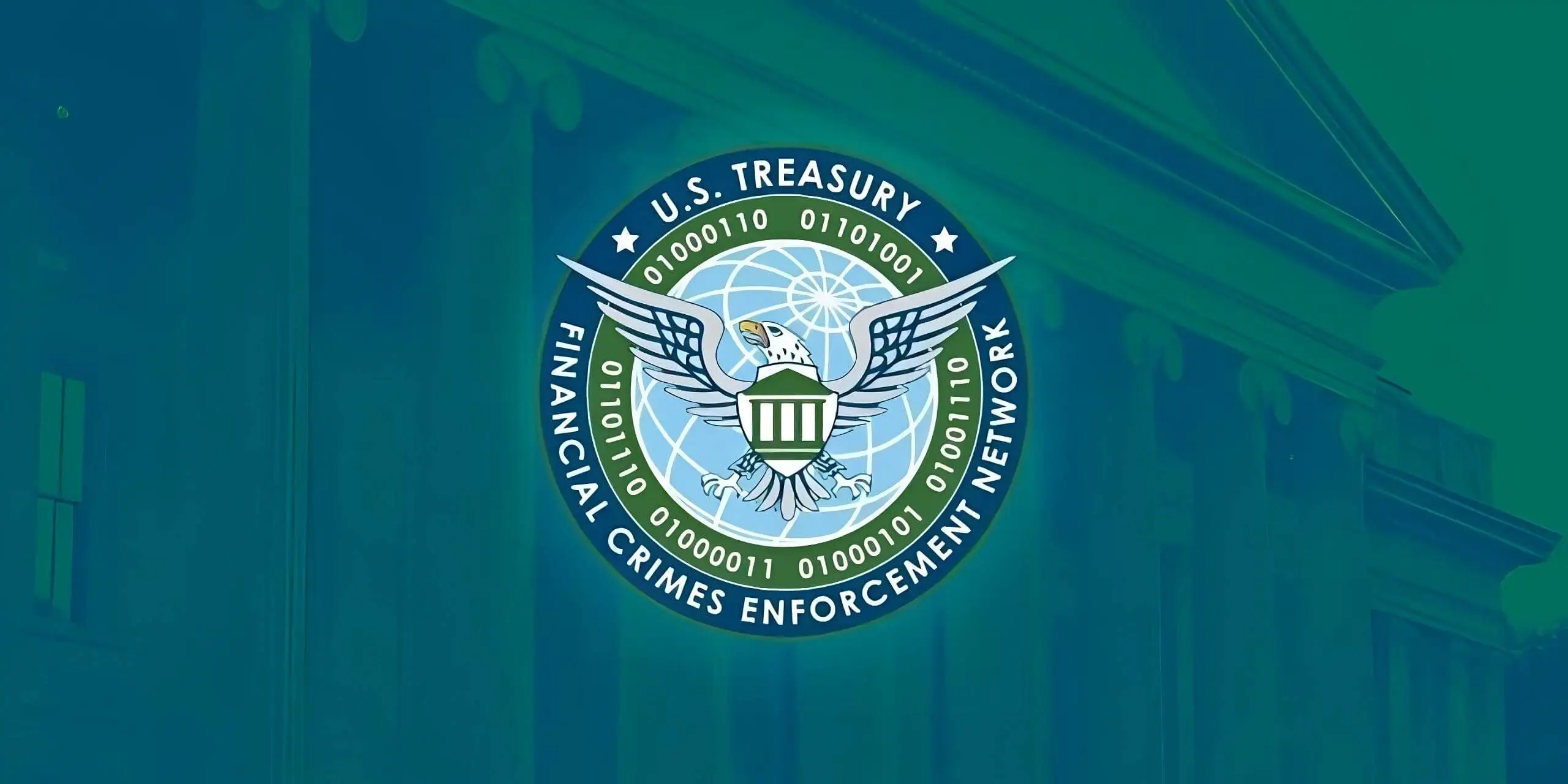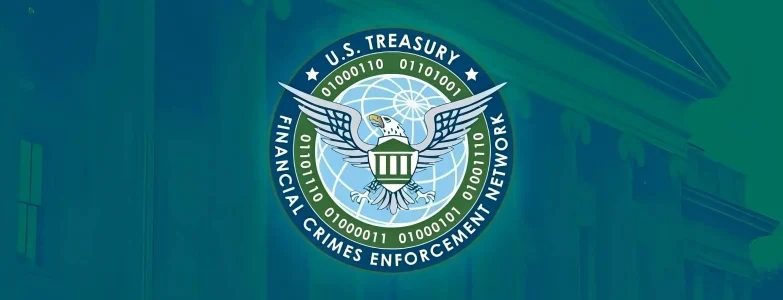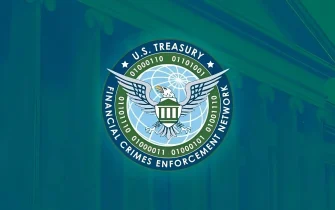The Guillen Pujol CPAs Guide to Understanding FinCEN
Editor’s Note
This post is part of the ‘The Guillen Pujol CPAs Guides,’ an initiative dedicated to empowering international businesses with the knowledge and strategies needed to navigate the complexities of the U.S. tax system and financial strategies. Explore our growing library of guides for expert insights and actionable advice tailored to your success.
By The Guillen Pujol CPAs Newsroom
The Financial Crimes Enforcement Network (FinCEN), a critical bureau within the U.S. Department of the Treasury, serves as the nation’s financial sentry. Tasked with defending the integrity of the U.S. economic system, FinCEN combats money laundering, disrupts terrorist financing, and shields financial institutions from exploitation by criminal enterprises. For businesses navigating the labyrinth of U.S. compliance requirements, understanding FinCEN—its mission, scope, and responsibilities—is more than a regulatory obligation; it is a cornerstone of operational credibility and global trust.

What is FinCEN? Understanding FinCEN’s Mission Rooted in Transparency
The U.S. state tax system is far from uniform. Each state adopts its own approach to taxation. Founded in 1990, FinCEN ensures financial transparency by collecting, analyzing, and sharing critical data to identify suspicious activities. Acting as a bridge between financial institutions and law enforcement, FinCEN detects illicit networks that threaten financial and national security. [To learn more about FinCEN’s mission and its commitment to safeguarding financial integrity, visit the official FinCEN mission page.]
Understanding FinCEN: Key Responsibilities in Protecting the Financial System
FinCEN’s work centers on several core responsibilities that define its impact on the financial ecosystem:
- Administering FATCA (Foreign Account Tax Compliance Act): FinCEN oversees FATCA, ensuring that U.S. citizens and businesses disclose foreign-held assets to prevent tax evasion. This aligns with its broader mission of promoting transparency and accountability in international financial dealings.
- Enforcing the Bank Secrecy Act (BSA): Often described as the backbone of U.S. anti-money laundering (AML) laws, the BSA mandates financial institutions to maintain records and report suspicious activities. FinCEN ensures that banks, credit unions, money service businesses, and other financial entities comply with these requirements by filing Suspicious Activity Reports (SARs) and Currency Transaction Reports (CTRs).
- Combating Emerging Financial Threats: FinCEN monitors emerging risks, such as the misuse of cryptocurrency, shell companies, and anonymous real estate transactions. Recent Geographic Targeting Orders (GTOs) focus on curbing money laundering in high-value real estate markets. They require enhanced disclosures for cash transactions that exceed certain thresholds.
- Strengthening Anti-Money Laundering (AML) Protections: FinCEN regulates industries beyond traditional banking, such as casinos, precious metals dealers, and cryptocurrency exchanges, ensuring robust AML frameworks across sectors.
- Global Collaboration: As part of the Egmont Group, FinCEN facilitates the exchange of financial intelligence with over 150 countries, targeting multinational crime networks. This global alliance amplifies its ability to combat complex schemes that transcend borders.
- Administering FATCA (Foreign Account Tax Compliance Act): FinCEN oversees FATCA, ensuring that U.S. citizens and businesses disclose foreign-held assets to prevent tax evasion. This aligns with its broader mission of promoting transparency and accountability in international financial dealings.
Understanding FinCEN: The Impact on Businesses
FinCEN’s influence extends far beyond banks, touching industries from real estate to technology. Here’s how its regulations shape business operations:
- Real Estate and High-Value Transactions: FinCEN’s oversight in real estate is increasing, particularly in high-value markets where opaque cash transactions are used to launder money. Brokers, developers, and title companies must comply with Geographic Targeting Orders (GTOs), which require detailed reporting of luxury property transactions exceeding specified amounts. For more on the U.S. Treasury Department’s latest rules targeting money laundering in real estate, click here.
- Cryptocurrency and Emerging Fintech: FinCEN requires cryptocurrency exchanges to adhere to the same AML protocols as traditional financial institutions. Specifically, this includes verifying customer identities, monitoring transactions, and filing SARs where necessary. As a result, cryptocurrency platforms are held to rigorous standards to prevent misuse and ensure financial transparency.
- International Business Compliance: Businesses operating across borders must navigate complex reporting requirements, such as the Foreign Bank Account Report (FBAR) and IRS Form 8938. These disclosures, in turn, ensure that foreign assets remain transparent to U.S. authorities, thereby minimizing risks of regulatory breaches.
- Heightened AML Requirements for Specific Industries: Similarly, certain sectors—such as money service businesses (MSBs), casinos, and financial technology startups—must adopt stringent customer due diligence (CDD) protocols to comply with FinCEN regulations. Consequently, non-compliance can result in hefty fines, reputational damage, and even loss of business licenses.
Why Understanding FinCEN Matters
FinCEN’s work underscores a critical message: financial compliance is not just about avoiding penalties; it’s about fostering trust, building resilience, and contributing to a stable global economy. For businesses, compliance with FinCEN regulations signals a commitment to transparency and ethical operations—qualities that can differentiate them in competitive markets. However, navigating FinCEN’s intricate rules requires precision and expertise. Therefore, understanding FinCEN and its complex requirements is crucial, as missteps in compliance can lead to severe consequences, from multimillion-dollar fines to damaged reputations. Engaging professional advisors who understand the nuances of FinCEN’s regulations is not just prudent—it’s essential.
The GPCPAs Advantage
At Guillen Pujol CPAs, we help businesses navigate FinCEN’s complex regulations
Our expertise includes:
- Filing Critical Reports: Assistance with FBAR, Form 8938, and SARs.
- Custom Compliance Programs: Tailored strategies for businesses in high-risk industries.
- Real-Time Risk Management: Identifying and mitigating potential compliance risks before they escalate.
With our guidance, your business stays ahead of evolving regulations while bolstering financial practices and reputation.
Final Thoughts: Understanding FinCEN and the Future of Financial Compliance
As financial systems become increasingly complex, FinCEN’s role will continue to expand, particularly in areas like cryptocurrency regulation, shell company transparency, and real estate monitoring. For businesses, understanding FinCEN’s responsibilities and complying with its requirements is not merely a regulatory obligation—it’s a pathway to sustainable growth, market leadership, and ethical distinction.
Want to ensure FinCEN compliance for your business? Schedule a consultation with Guillen Pujol CPAs today. Our experts are ready to guide you every step of the way.











